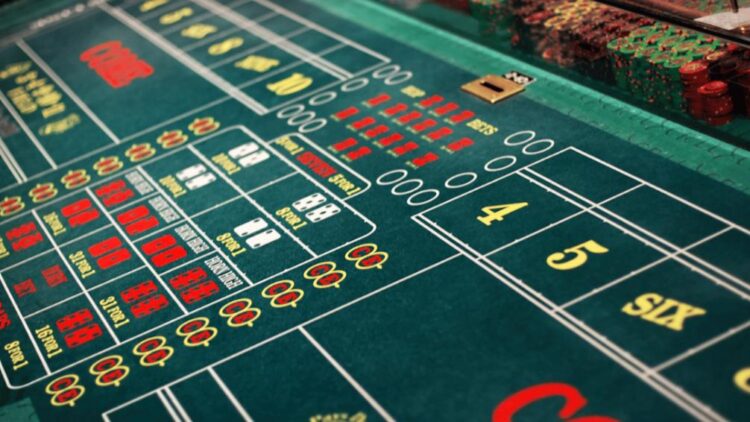Casinos have long fascinated people with their blend of risk, reward, and the thrill of chance. What began as simple gaming establishments in ancient civilizations has evolved into sprawling entertainment complexes that attract millions worldwide. This article delves into the captivating history of togel totomacau, their cultural impact, and their future in the digital age.
The Ancient Origins of Gambling
Gambling is nearly as old as civilization itself. Archaeological finds suggest that people in ancient Mesopotamia were playing games of chance using dice as early as 3000 BCE. The Romans and Greeks also enjoyed gambling, with dice games and board games such as ludus duodecim scriptorum and tabula being popular among their citizens.
The first establishments resembling modern casinos appeared in Italy during the 17th century. The Casino di Venezia, which opened in 1638, is considered the oldest casino in the world. Initially intended as a venue for theatrical performances, it quickly became a hotspot for gambling. The word “casino” itself derives from the Italian word for “little house,” reflecting its initial role as a small, private gaming house.
The Rise of Modern Casinos
The modern casino as we know it began to take shape in the 19th century. Monte Carlo, in Monaco, became a symbol of opulence and high-stakes gambling when it opened the Monte Carlo Casino in 1863. This establishment not only popularized casino games like roulette and baccarat but also set a standard for luxury and exclusivity.
In the United States, casinos found their foothold in Nevada, which legalized gambling in 1931 during the Great Depression as a way to boost the struggling economy. Las Vegas quickly became the epicenter of American casino culture. The city’s evolution from a small desert town to a global gambling hub is intertwined with iconic establishments like The Flamingo, founded by mobster Bugsy Siegel in 1946.
The Cultural Impact of Casinos
Casinos have left a profound mark on popular culture. They are often depicted in films, television, and literature as glamorous, high-stakes environments. Classic films such as Casino Royale and Ocean’s Eleven capture the allure and drama of casino life, while TV shows like High Stakes Poker provide a glimpse into the competitive world of professional gambling.
Casinos also influence fashion and design. The glitz and glamor of casino interiors, characterized by opulent decor, sparkling chandeliers, and plush carpets, are designed to immerse guests in an extravagant experience. This aesthetic extends beyond casinos into luxury lifestyle brands, influencing trends in high fashion and interior design.
The Digital Revolution
The 21st century has brought a new dimension to casino gaming with the rise of online casinos and mobile gaming. The convenience of accessing games from anywhere has expanded the reach of gambling beyond traditional brick-and-mortar casinos. Platforms like PokerStars and Bet365 offer a vast array of games and betting options, catering to diverse preferences and skill levels.
The rise of virtual reality (VR) and augmented reality (AR) technologies promises to further revolutionize the casino experience. Imagine stepping into a fully immersive casino environment from the comfort of your home, interacting with other players and the environment in real-time. This futuristic vision is closer than ever, as developers work on creating increasingly sophisticated virtual gaming experiences.
The Future of Casinos
As technology continues to evolve, so too will the casino industry. Blockchain technology and cryptocurrencies are expected to play a significant role, offering more secure and transparent transactions. Innovations in artificial intelligence (AI) could personalize gaming experiences and enhance security measures, ensuring fair play and responsible gambling.
Furthermore, casinos are becoming more integrated into broader entertainment complexes. Modern resorts often feature world-class dining, shopping, and entertainment options, blending gaming with other leisure activities. This shift reflects a growing trend towards creating holistic experiences that appeal to a wider audience.
